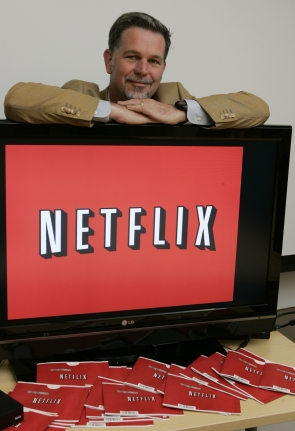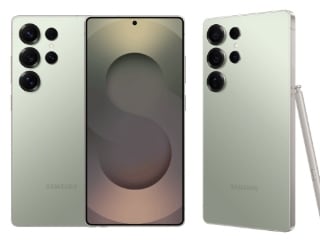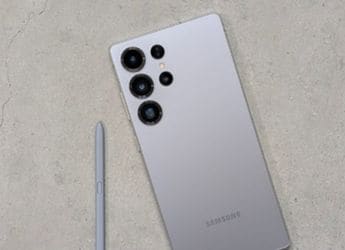- Home
- Internet
- Internet News
- Netflix pledges to caption all content by 2014
Netflix pledges to caption all content by 2014

The on-demand Internet streaming service agreed to the settlement Tuesday in U.S. District Court in Springfield.
Closed captions are currently available on 90 percent of Netflix's content, as measured by hours watched.
"Netflix has always been the leader in this, but it's a tall order to offer high quality captioning on such a broad range of devices," spokesman Jonathan Friedland said.
In the meantime, the company will display a list of available close-captioned content.
Captions can be displayed on a majority of the more than 1,000 devices, from computers to video game consoles, on which Netflix is available. But many devices and operating systems, such as Google's Android, did not exist when the company gained traction in the early 2000s.
Massachusetts resident Lee Nettles, along with national and regional associations for the deaf and hearing impaired, sued Netflix in 2010 under the Americans with Disabilities Act, which prohibits discrimination based on disability.
Other online streaming providers, including Hulu and Amazon, also have been trying to increase their captioned programming.
Get your daily dose of tech news, reviews, and insights, in under 80 characters on Gadgets 360 Turbo. Connect with fellow tech lovers on our Forum. Follow us on X, Facebook, WhatsApp, Threads and Google News for instant updates. Catch all the action on our YouTube channel.
Related Stories
- Samsung Galaxy Unpacked 2026
- iPhone 17 Pro Max
- ChatGPT
- iOS 26
- Laptop Under 50000
- Smartwatch Under 10000
- Apple Vision Pro
- Oneplus 12
- OnePlus Nord CE 3 Lite 5G
- iPhone 13
- Xiaomi 14 Pro
- Oppo Find N3
- Tecno Spark Go (2023)
- Realme V30
- Best Phones Under 25000
- Samsung Galaxy S24 Series
- Cryptocurrency
- iQoo 12
- Samsung Galaxy S24 Ultra
- Giottus
- Samsung Galaxy Z Flip 5
- Apple 'Scary Fast'
- Housefull 5
- GoPro Hero 12 Black Review
- Invincible Season 2
- JioGlass
- HD Ready TV
- Latest Mobile Phones
- Compare Phones
- Realme P4 Lite
- Vivo V70
- Vivo V70 Elite
- Google Pixel 10a
- Tecno Camon 50
- Tecno Camon 50 Pro
- Lava Bold N2
- Vivo V60 Lite 4G
- LG Gram 14 (2026)
- Asus Vivobook 16 (M1605NAQ)
- Infinix Xpad 30E
- Brave Ark 2-in-1
- Amazfit T-Rex Ultra 2
- boAt Chrome Iris
- Xiaomi QLED TV X Pro 75
- Haier H5E Series
- Asus ROG Ally
- Nintendo Switch Lite
- Haier 1.6 Ton 5 Star Inverter Split AC (HSU19G-MZAID5BN-INV)
- Haier 1.6 Ton 5 Star Inverter Split AC (HSU19G-MZAIM5BN-INV)







![[Partner Content] OPPO Reno15 Series: AI Portrait Camera, Popout and First Compact Reno](https://www.gadgets360.com/static/mobile/images/spacer.png)









